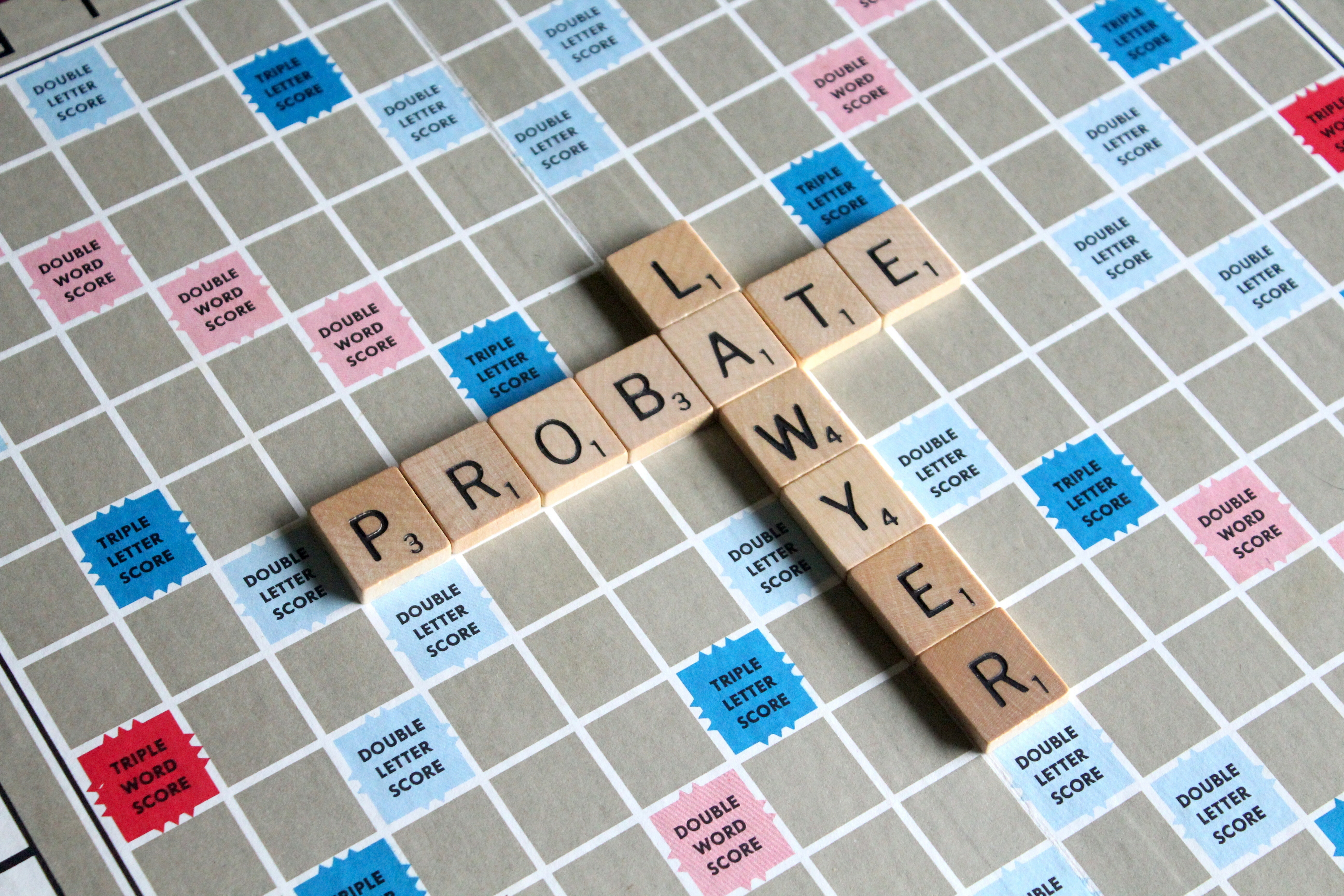March 13, 2020 | Articles
COVID -19
Coronaviruses are a large family of viruses, some causing respiratory illness in people and others circulating among animals. Rarely, animal coronaviruses can evolve and infect people and then spread between people. Previous coronavirus outbreaks have included severe acute respiratory syndrome (SARS) and Middle East Respiratory Syndrome (MERS). The U.S. Centers for Disease Control and Prevention (CDC) believes the risk to the American public of becoming infected with this novel coronavirus is currently low. Because this is an emerging, rapidly evolving situation, the CDC will provide updated information as it becomes available, including any changes in the risk assessment.
The Washington State Department of Health has created a Coronavirus call center: 1-800-525-0127.
Symptoms of coronavirus are similar to flu or colds and may include:
- Runny nose
- Headache
- Cough
- Sore throat
- Fever
- A general feeling of being unwell
If you have been notified by public health authorities that you may have been exposed, please follow instructions provided by Public Health Seattle & King County.
Human coronaviruses most commonly spread from an infected person to others through:
- The air by coughing and sneezing
- Close personal contact, such as touching or shaking hands
- Touching an object or surface with the virus on it, then touching your mouth, nose, or eyes before washing your hands
- Rarely, fecal contamination with coronavirus present
Although we have a lot to learn about this virus, it is currently believed that it spreads like other respiratory viruses- by people with the infection coughing and sneezing. These droplets are inhaled by other people or moved to the eyes, nose or mouth by contaminated hands.
You can reduce the risk of spreading coronaviruses by taking the same steps as you would to prevent infection from the flu and the common cold:
- Wash hands often with soap and water for a least 20 seconds. Use hand sanitizer, with 60-95% alcohol if water is not available.
- Avoid touching your eyes, nose, or mouth with unwashed hands.
- Avoid contact with people who are sick.
- Stay home while you are sick and avoid close contact with others.
- Cover your mouth and nose with your elbow or a tissue when coughing or sneezing, and immediately dispose of the used tissue.
Important Links about Coronavirus
-
What to do if you have confirmed or suspected coronavirus disease (COVID-19) (PDF)PDF download - Updated 3/4/2020
What to do if you were potentially exposed to someone with confirmed coronavirus disease (COVID-19) (PDF)PDF download - Updated 3/4/2020
What to do if you have symptoms of coronavirus disease 2019 (COVID-19) and have not been around anyone who has been diagnosed with COVID-19 (PDF)PDF download - Updated 3/4/2020 -
Washington State Department of Health (WA DOH) Novel Coronavirus Outbreak webpage (includes frequently asked questions)
- Resources for travelers (Centers for Disease Control)
- Resources for healthcare providers (WA DOH)
- Information for school nurses and administrators (WA DOH)
- Workplace recommendations (WA DOH)
- Public Health – Seattle & King County Coronavirus Disease (includes multi-lingual factsheets)
- 2020 health care advisories and news
- Blog with general info for the public
- Washington State Department of Health novel coronavirus hotline: 1-800-525-0127 and press #


